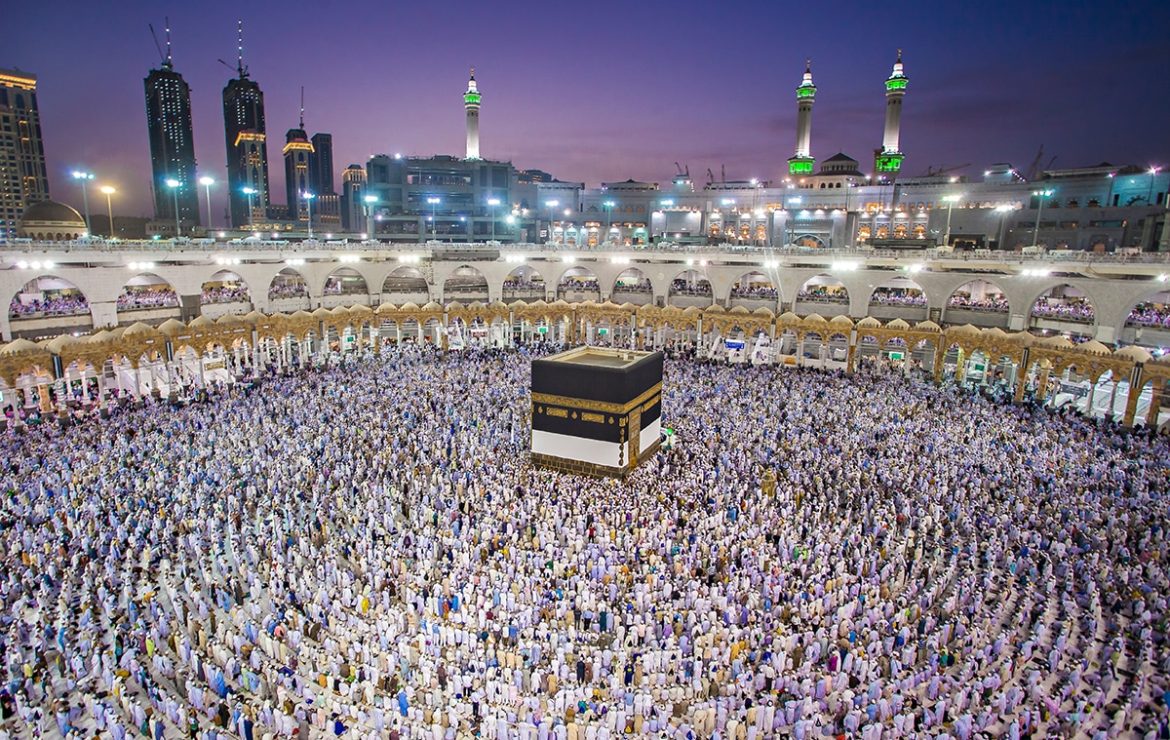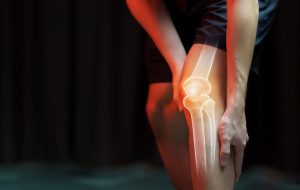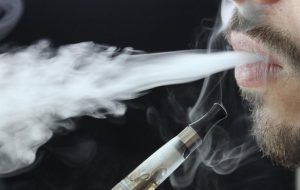The Hajj pilgrimage is one of the most significant spiritual journeys in Islam, attracting millions of Muslims from around the world to perform sacred rituals in a deeply spiritual and communal setting. With such a large-scale gathering, ensuring the health and safety of pilgrims becomes a top priority. Promoting health awareness and adopting preventive practices are key to safeguarding not only individual well-being but also public health.
This comprehensive approach to a “Safe and Healthy Hajj” begins well before the journey starts, continues throughout the pilgrimage, and extends to the return home.
Preparing for Hajj: Pre-Travel Health Measures
The journey to a healthy Hajj begins at home, with early medical preparation. Pilgrims are strongly advised to consult their physician at least one month before departure to assess their overall health and physical readiness—especially those with chronic conditions such as diabetes, hypertension, cardiovascular, or respiratory diseases.
Essential Vaccinations
Vaccinations are a critical part of pre-Hajj planning, offering protection against infectious diseases that can spread quickly in crowded settings:
Meningococcal Vaccine: Mandatory. Must be administered at least 10 days before travel to ensure full effectiveness.
Seasonal Influenza Vaccine: Highly recommended, particularly for the elderly and individuals with chronic illnesses. It should be taken at least 15 days before travel.
Additional Vaccines: Depending on personal health and destination, vaccines such as Hepatitis A and B, and Typhoid may also be advised by health authorities.
Personal Health Kit Checklist
Pilgrims should pack a personalised health kit that includes:
Daily medications in quantities sufficient for the entire pilgrimage.
Copies of prescriptions for emergencies.
Basic first aid supplies (bandages, antiseptics, gauze).
Personal hygiene products (toothbrush, toothpaste, soap, tissues, comb, etc.).
Sunscreen and sunblock to prevent sunstroke.
Medical face masks and hand sanitiser to reduce the risk of infection.
Staying Healthy During Hajj: On-Site Health Practices
During Hajj, pilgrims often face physical challenges such as extreme heat, overcrowding, and prolonged physical exertion. Adhering to preventive measures helps ensure a safe and spiritually fulfilling experience.
Protecting Against Heat and Sunstroke
High temperatures and sun exposure can pose serious health risks. To minimise these dangers:
Use umbrellas or seek shaded areas during peak sun hours.
Wear light, loose-fitting, cotton clothing in light colours (preferably white).
Drink water regularly, even without feeling thirsty, to prevent dehydration.
Take frequent rest breaks, especially for the elderly or those with blood pressure issues.
Personal Hygiene and Infection Control
Good hygiene practices are vital in preventing the spread of disease in shared spaces:
Wash hands thoroughly with soap and water, and use hand sanitiser—especially before meals and after restroom use.
Avoid sharing personal items such as towels or eating utensils.
Preventing Respiratory Infections
Crowds increase the risk of airborne infections. To stay protected:
Avoid close contact with individuals showing flu or cold symptoms.
Wear medical masks in enclosed or highly crowded spaces and change them regularly.
Ensure proper ventilation in sleeping areas by opening windows when possible.
Managing Chronic Conditions
Pilgrims with chronic illnesses must take special care:
Follow prescribed medication schedules without interruption.
Monitor blood pressure and blood sugar levels as recommended.
Eat balanced meals at regular times.
Carry a bilingual (Arabic and English) medical ID card detailing medical conditions, medications, and emergency contacts to assist healthcare providers if needed.
Being Ready for Health Emergencies
Knowing where to find help is crucial:
Familiarise yourself with the locations of nearby medical clinics and health centres.
Do not hesitate to seek medical attention if you experience symptoms like shortness of breath, chest pain, high fever, or loss of consciousness.
Post-Hajj Health: Recovery and Monitoring
Returning home does not mean the end of health precautions. The post-Hajj period is critical, particularly during the first two weeks after return, when symptoms from fatigue or infections may appear.
Rest and Recovery
Allow adequate physical rest to help the body recover from the intense exertion of the pilgrimage.
Self-Monitoring
Keep an eye on your temperature and watch for symptoms such as coughing, muscle aches, digestive issues, or breathing difficulties.
Preventive Isolation
If any symptoms suggesting an infectious illness arise, stay home and avoid close contact with others until fully recovered to protect family and community.
Medical Follow-Up
Schedule a visit with your doctor, especially if you have a chronic condition like diabetes or high blood pressure, as the physical strain of Hajj may impact your condition.
Final Thoughts
Maintaining health during Hajj is essential—not only for the individual pilgrim but for the collective safety of millions. While official authorities work tirelessly to provide exceptional services, the most important role lies with the pilgrim. Being informed, prepared, and proactive can make the difference between a stressful and a spiritually uplifting journey.
Let health be our companion—from the moment we declare our intention for Hajj until we return home with fulfilled hearts, healthy bodies, and, God willing, forgiven sins.
By: Dr Badreyya Al-Harmi, Consultant Public Health













